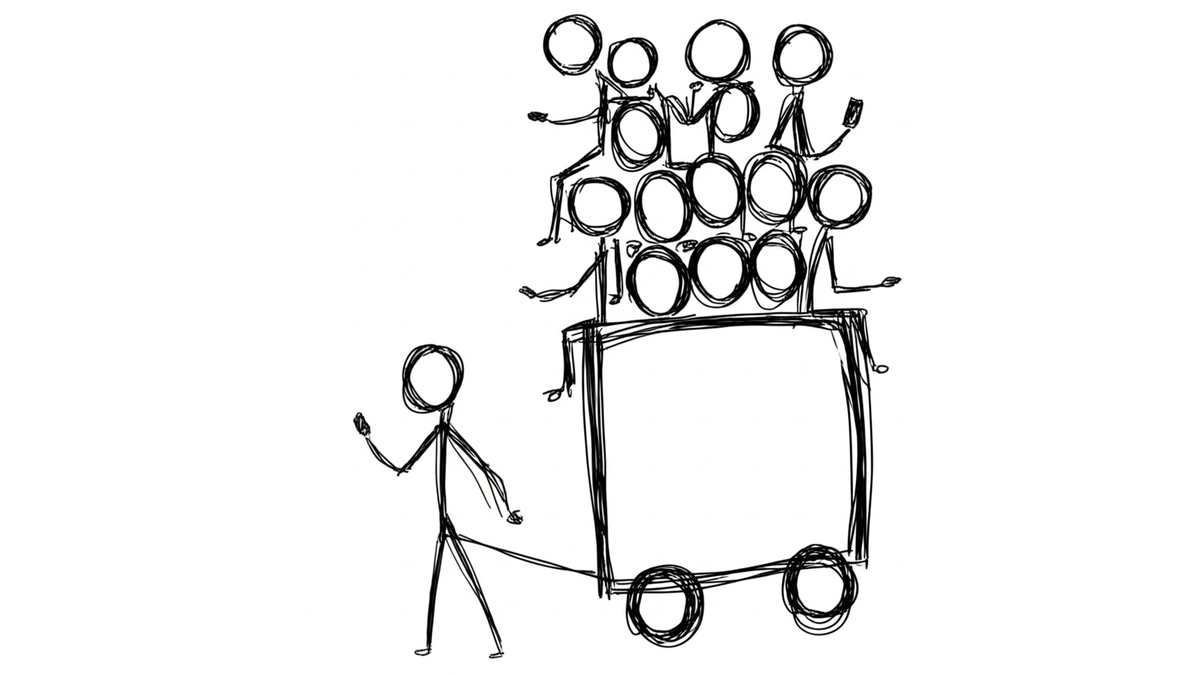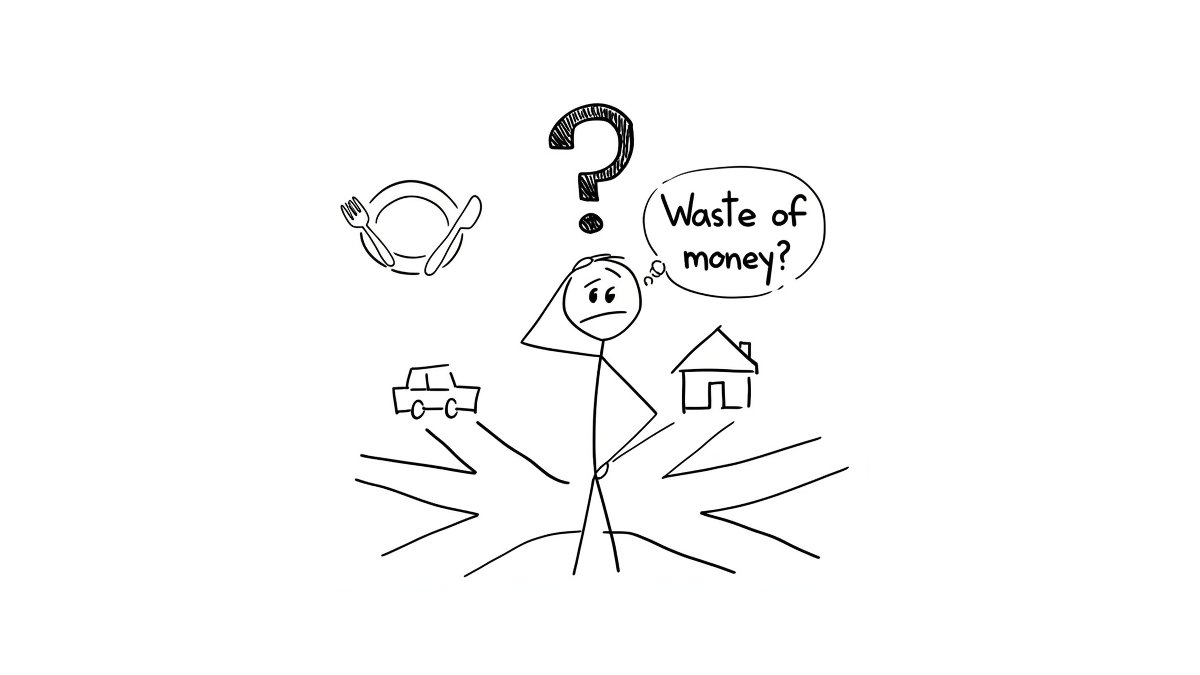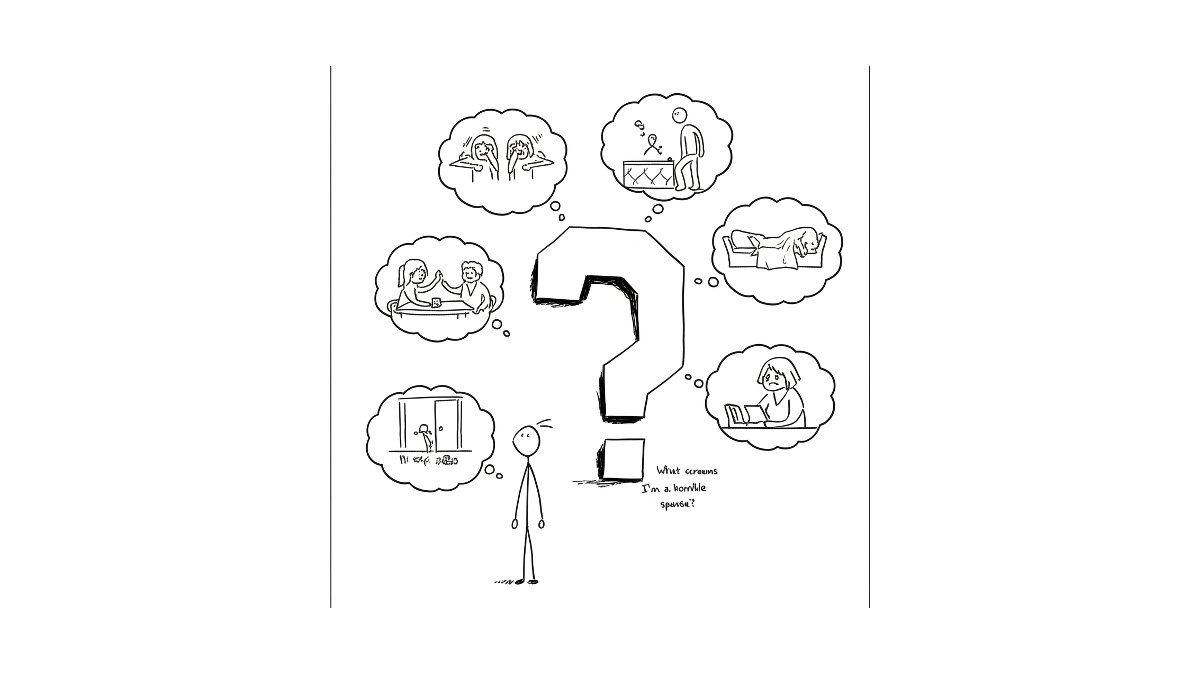Heard about the SIT group project meltdown? Chances are, you’ve lived through your own version of that Oscar-worthy drama. From silent resentment to full-blown arguments, group projects in Singaporean unis can feel like a battlefield. It’s a rite of passage for many, but why does it always seem to end in tears, or worse, ruined friendships?
Uni Group Project Reality
Group projects are a staple of tertiary education in Singapore, designed to simulate real-world teamwork. However, the reality often falls short of the ideal. Reddit threads are filled with tales of woe, showing just how common these scenarios are. A recent viral post from an SIT student highlighted a group argument so intense, it felt like ‘Keeping Up with the Final Year Projects’. This isn’t an isolated incident; many students experience similar stress levels, with some even reporting conflicts escalating to personal attacks.
“Was chilling in the library pretending to do work when this group near me started arguing mid-discussion. One guy slammed his laptop shut and said, “I already did 90%, I’m not touching that stupid report again.””
The pressure is immense, especially when deadlines loom. Even early in the semester, tensions can flare, proving that the struggle is real from day one. It’s a widespread phenomenon, affecting countless students across various local institutions.
The Freeloader Frustration
The biggest pain point in group projects often boils down to unequal contribution. There’s always that one member, or sometimes several, who do little to nothing, leaving the bulk of the work to a few dedicated souls. This ‘freeloader’ phenomenon leads to immense frustration and resentment, as discussed widely on platforms like Reddit. It’s a classic case of expectation versus reality, where the ideal of shared effort crumbles under the weight of apathy.
“Freeloaders are terrible, haiya.”
Managing these dynamics can be incredibly challenging. Even with clear leadership and micromanagement, getting everyone to pull their weight can be an uphill battle. This often forces overachievers to shoulder the burden, leading to burnout and a sense of unfairness. The struggle to get unresponsive members to complete even basic tasks is a common complaint, turning what should be a collaborative effort into a solo mission for some.
“I micromanaged one project like fuck, but still got people done done their part till 2 weeks later even after being given like 1 month to do smth.”
Conquering Project Chaos
While group project drama seems inevitable, there are community-tested strategies to navigate the chaos and even thrive. The key lies in proactive planning, clear communication, and establishing strong leadership from the get-go. Setting hard deadlines and ensuring accountability for each task can make a world of difference, preventing last-minute meltdowns and ensuring everyone contributes meaningfully.
- Establish clear roles and responsibilities early on.
- Set realistic, firm deadlines for each deliverable.
“Usually for those you need a lead to set hard deadlines and push for it.”
- Maintain open and honest communication channels.
- Address conflicts promptly and constructively.
Ultimately, a successful group project hinges on mutual respect and shared commitment. While it might feel like a rare gem, achieving equal contribution is possible with the right approach and a dedicated team. Focus on finding your ‘wingmen’ and leading the ‘sheep’ effectively to turn potential drama into a positive learning experience.
“I was once part of a group of five where everyone did their best and contributed equally. It was the greatest feeling and I still think of those guys fondly.”





